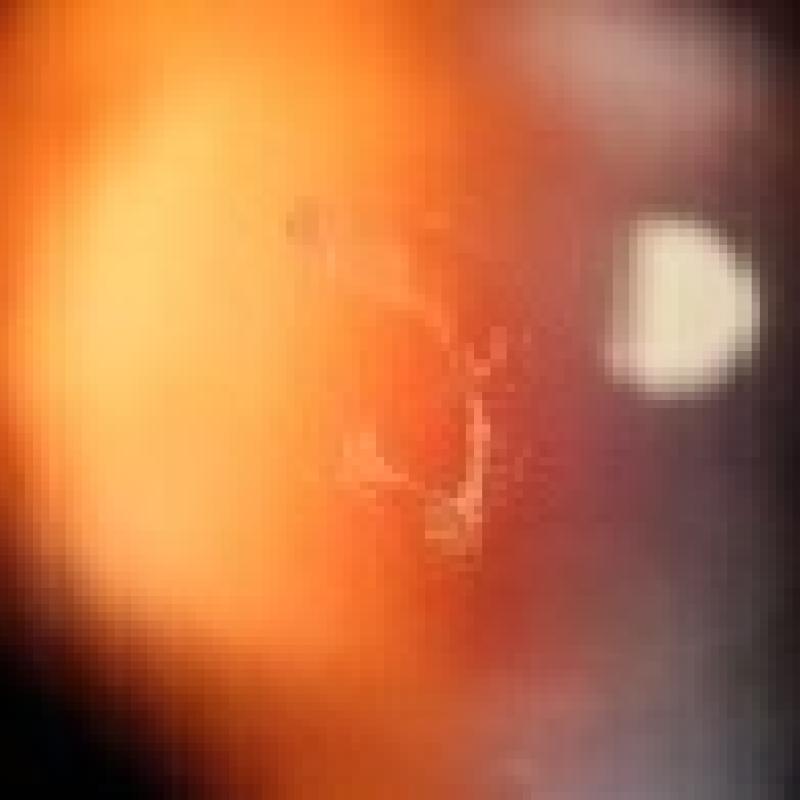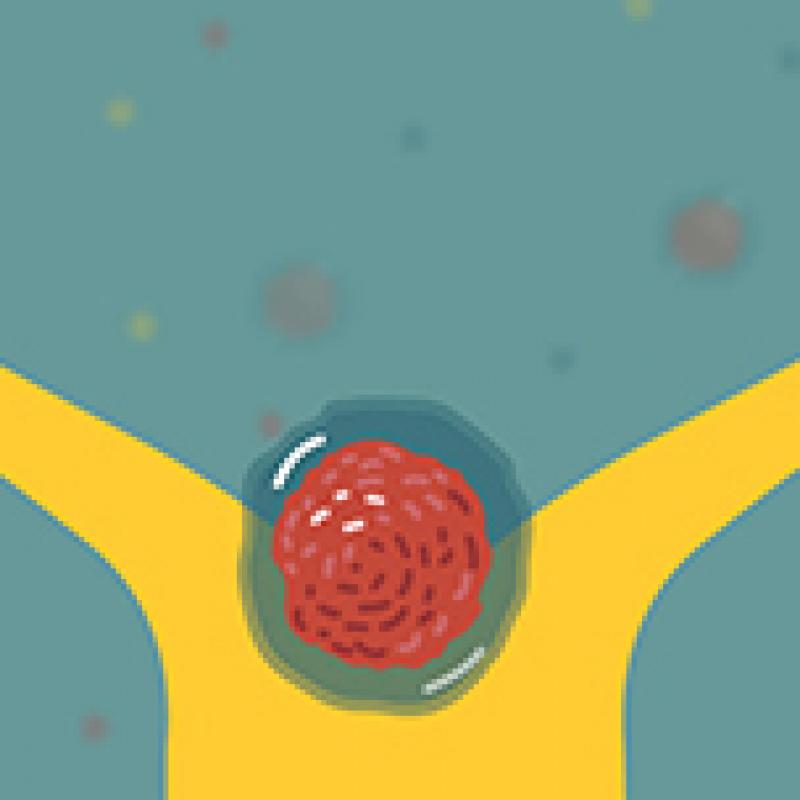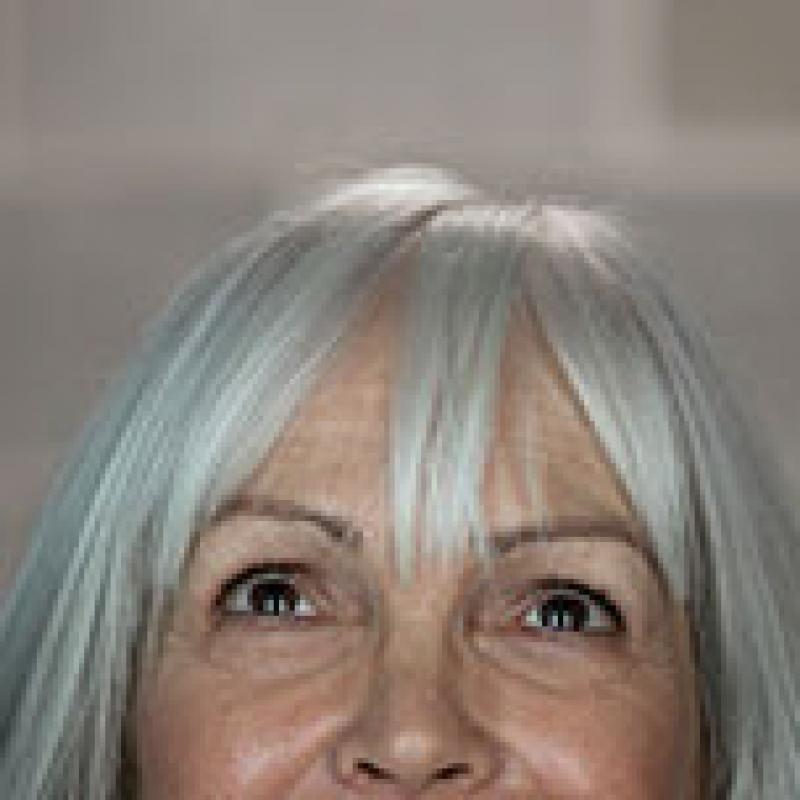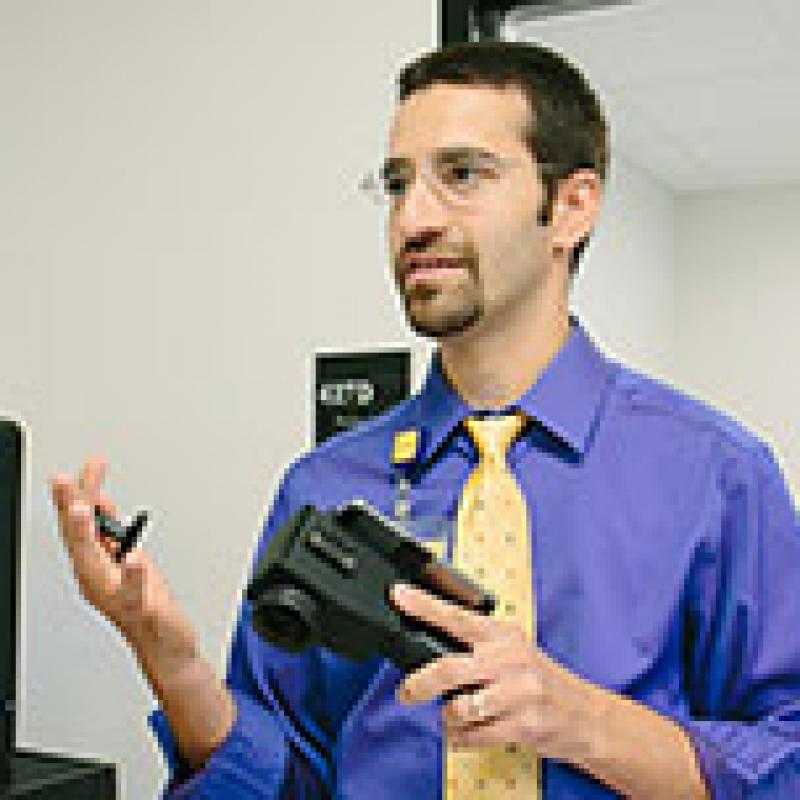
Safer Eye Floater Treatments Come with a Burst of Nanobubbles
With a safer and less invasive nanoparticle-based therapy, people with floaters may get their vision and quality of life back.

With a safer and less invasive nanoparticle-based therapy, people with floaters may get their vision and quality of life back.

Jason Miller, M.D., Ph.D., named first James Grosfeld Professor of Ophthalmology and Visual Sciences and will play key role in new initiative.

Three researchers say eye care accessibility around the globe isn’t keeping up with an aging population, posing challenges for eye care professionals over the next 30 years.

U-M researchers are shedding new light on the ways in which two omnipresent proteins can influence the fate of stem cells during development — with exciting implications for research and health.

Success of phase 3 clinical trial evaluating teprotumumab for treatment of active thyroid eye disease (TED) brings drug a step closer to FDA approval.

A group of University of Michigan Kellogg Eye Center doctors have devised an approach to help curb the nation’s opioid epidemic – starting at their own clinic.

Large Kellogg Eye Center study shows shingles affecting the eye may be more of a problem for women and adults over age 75, two groups with the highest rates of infection

Pairing a smartphone to capture retinal images with artificial intelligence to interpret them may help overcome barriers to ophthalmic screening for the disease.

See what sight-saving work will be presented by Kellogg Eye Center eye and vision researchers at this year's Association for Research in Vision and Ophthalmology annual meeting in Vancouver, British Columbia.
